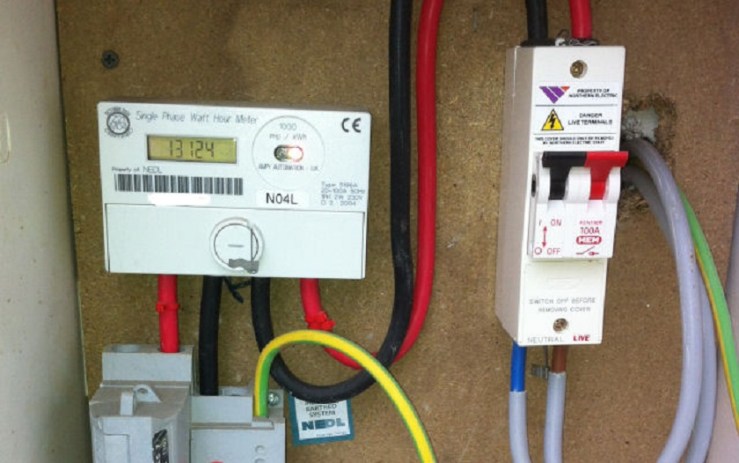Trends
Did You Know: Bypassing Prepaid Meter Could Get You Jailed For 21 years
Bypassing electric prepaid meters is becoming a common culture among Nigerians despite the fact it is a criminal offence under the constitution of the country.

Bypassing electric prepaid meters is becoming a common culture among Nigerians despite the fact it is a criminal offence that could get you jailed for 21 years.
According to an article published on The Cable, The constitution Under the Electric Power Sector Reform (EPSRA) Act 2005, gives legal backing to the creation of the Nigerian Electricity Regulatory Commission (NERC), the government agency responsible for the regulation of the electric power industry in the country
Section 94(3) of the same act criminalises any infraction against apparatus belonging to electricity companies with punishment for violators.
The section states: “Notwithstanding anything contained in any other law, any person who willfully destroys, injures or removes equipment or apparatus of a license commits an offence and is liable on conviction to imprisonment for a period of not less than five years and not more than seven years.”
This implied that those who engage in energy theft, by way of meter bypass, tampering or vandalism, have effectively committed an offence in breach of the act.
In order to be able to enforce the law, the Act makes provision for the commission to appoint an inspector who will effect the arrest and enforce certain provisions in the act.
Section 94(2b) of the act states that: “Any person who: willfully delays or obstructs an inspector or police officer in the exercise of the powers or duties confined or imposed upon him by or under this act commit an offence and is liable on conviction to a fine not exceeding one hundred thousand Naira or to imprisonment for a period not exceeding one year or to both such fine and imprisonment.”
Aside from the EPSRA Act 2005, there are other extant laws that criminalise meter bypass and tampering.
Section 10 of the Miscellaneous Offences Act states “any person who unlawfully disconnects, removes, damages, tampers, meddles with or in any way whatsoever interferes with any electric fittings, meters or other appliances used for generating, transforming, converting, conveyancing, supplying or selling electricity shall be guilty of an offence and liable on conviction to imprisonment for a term not exceeding 21 years”.
However, despite the laws in place criminalizing electric meter bypass, The Nigerian electricity sector has continued to complain of the persistent energy theft and meter bypass by the Nigerian consumers, which they say result in loss of revenue and could potentially cripple the power sector.
In 2018 the Association of Electricity Distributors (ANED) said revenue losses traced to energy theft and poor payment amounted to N155.89 billion.
The Nigerian Electricity Regulatory Commission (NERC), in its 2019 first-quarter report, said N2 is lost to energy theft and poor distribution equipment for every N10 worth of electricity received by DisCos.
In 2020, DisCos announced over N30 billion revenue loss monthly, owing to the high level of customer involvement in energy theft, meter bypass and vandalism.
If the law is not capable of putting an end to the common practice of bypassing meters by Nigerians, what will?
